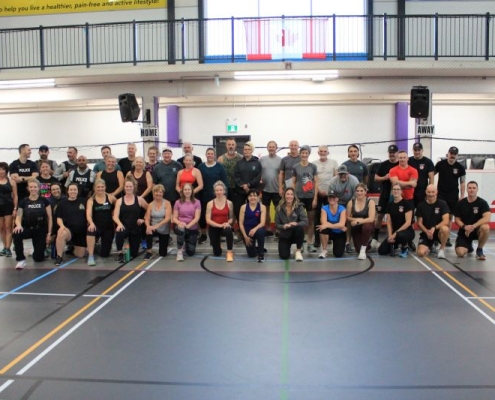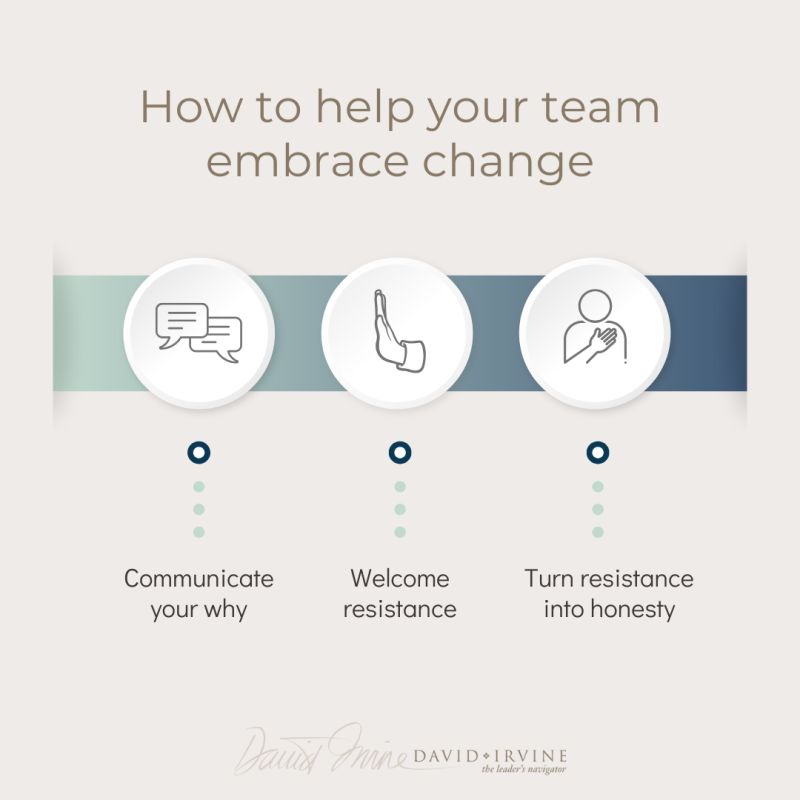Trust may not be what you think it is.
Like so many words, trust is both over-rated and misunderstood. I often hear, “I’m not going to engage here because there’s no trust,” or “We have to work on getting trust before we can achieve results.”
One thing I know about trust is that it is not a prerequisite. Trust, like confidence, isn’t something you need before you do something. Instead, do something right and trust will follow. If you want trust before you take a risk, there’s no risk. There’s no action. And there’ll be no trust.
Instead of waiting for, or worrying about, trust, get to work on a worthwhile project and trust will emerge from your actions. Be intentional about building cohesiveness through clear expectations, empathic communication and the safety to speak up, and trust will be your reward.
In short, the feeling of trusting someone is built on right actions. You don’t feel your way into right action. You act your way into right feelings.
And getting trust leads to more trust. Trust begets trust.






